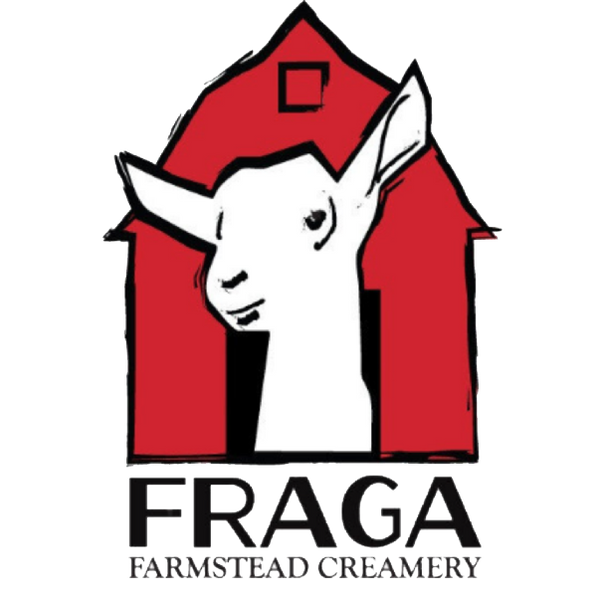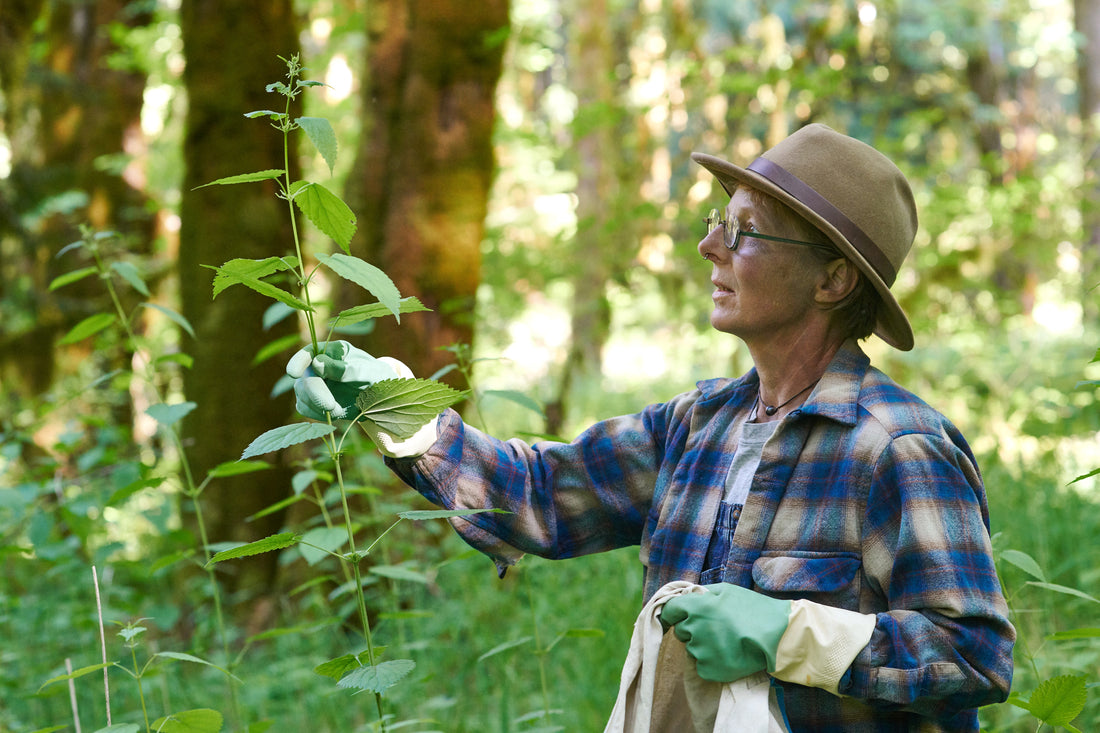It’s fall and that means we are harvesting;- Sweet late tomatoes, walnuts, pears and the last of the nettles. Nettles are our friend- we use them for many of our products and enjoy nettle and chamomille tea at night.
In our coast range meadows and forests nettles are native but far less common than on the farm in Germany where I grew up.
I know a few good patches in the coast range that offer all that nettles plants desire- deep fertile humus and partial sunlight along with plenty of soil moisture. This is where I go to harvest nettles – well armed with a double layer of gloves.
Amazingly nettles can sting straight through plastic gloves- without leaving a visible hole or tear. The fine silica needles that dot the plant. act like hypodermic needles delivering a dose of….. to ward off hungry herbivores.
Caterpillars are largely immune and the nettle plant provides vital food for forty different types of caterpillars along with early season nectar and pollen for bees.

When we harvest we leave much of the rooted plant behind - it will grow leaves back quickly providing more food for the wildlife. Once picked the nettles loose moisture and are less likely to sting. Dried nettles have lost their sting but retain the micro nutrient and compounds that make it so thought after as a healing plant.
Nettles has been used for centuries in skin and hair care for kidney health and as a wound treatment. These days modern science is backing up those claims. There are numerous studies that provide evidence of nettles ability to speed wound healing and improve scalp and hair health. (Here is a link to a medical study in the use nettle for burn wounds.)

We use nettle extract in our working hand balm and our shampoo bar as well as one of our soaps. ….
Many of our customers have reported that the tiny cracks in their hands heal promptly after using the working hand balm.
The shampoo too has a fast fan base- it leaves hair clean and shiny with bounce and no frizz. What of these effects is related to the nettles we don’t know- it is almost certainly a combination of nourishing oils and butters and the botanicals that make every one of our products work well.
This week we are trying something different with the last of the nettles - we are dyeing some of our wool. it takes a whole lot of nettles cooked down for days to make the dye…. With our last big harvest we should have just enough for a few batts of wool!

